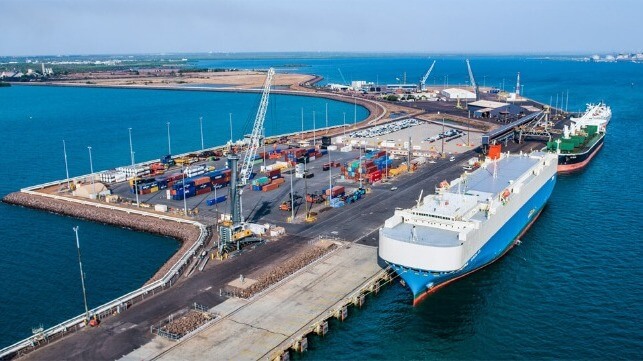The collection of articles provided addresses a broad range of topics related to climate change impacts on marine ecosystems, focusing on ocean acidification, temperature changes, and the interactive effects of multiple stressors on marine life.
Ecological and Evolutionary Responses: Parmesan (2006) discusses how climate change has driven significant ecological shifts, affecting species distributions, phenology, and community structures across different ecosystems. Species are facing altered habitats due to rising temperatures, which can disrupt existing interactions and biodiversity.
Ocean Acidification: Doney et al. (2009, 2012) highlight ocean acidification as a critical, yet often overlooked, consequence of rising atmospheric CO2 levels, leading to detrimental effects on marine organisms, particularly calcifiers like corals and shellfish. They argue that these alterations could modify entire marine ecosystems, affecting nutrient cycles and food web dynamics.
Trophic Dynamics: Nagelkerken et al. (2020) observe that changes in food web structures occur when the architecture fails to adapt to rapidly changing ocean conditions. This inability to reorganize can lead to inefficient energy transfer and disruptions across trophic levels.
Sensitivity Variances: Vargas et al. (2022) add that sensitivity to ocean acidification varies significantly among marine invertebrates, suggesting that species’ resilience cannot be generalized. This underscores the necessity for nuanced approaches in conservation strategies.
Multiple Stressors: The complexities surrounding marine responses to simultaneous stressors—like temperature and acidification—are emphasized in numerous studies. For instance, Kroeker et al. (2010) and Hu et al. (2022) present insights into how varying responses to these stressors undermine traditional ecological predictions. Many marine organisms show variable resilience, with some species benefitting from elevated CO2 under certain conditions, while others experience critical threats.
Biodiversity and Ecosystem Functioning: Studies by Côté et al. (2016) and Jackson et al. (2021) recognize that biodiversity plays a crucial role in maintaining ecosystem functionality, which is increasingly threatened by anthropogenic stressors. Their findings indicate that management strategies need to account for these stressor interactions to enhance conservation efforts effectively.
Conservation Implications: Ongoing research emphasizes the need for adaptive management frameworks that address these multifaceted challenges posed by climate change. Local interventions may help mitigate global stressors, but such strategies must be rooted in a strong understanding of ecological dynamics and species interactions (Brown et al., 2013; Ghedini et al., 2013).
In summary, the interplay between climate change, ocean acidification, and species responses paints a complex picture of marine ecosystems under threat. As marine environments rapidly evolve, it becomes imperative for scientific research and conservation efforts to adapt accordingly. Understanding these dynamics will be vital for safeguarding marine biodiversity and ecosystem services.










